Resin vs. traditional flooring: why retailers are making the switch
When it comes to retail spaces, the choice of flooring plays a significant role in setting the tone and atmosphere of the environment.
Flooring isn’t just about aesthetics; it's about durability, maintenance, and how it holds up under heavy foot traffic. Traditional flooring options like tile, wood, or concrete have been popular for years, but many retailers are now switching to resin flooring.
The reasons behind this shift are multifaceted, ranging from the material's durability to its ease of maintenance. Additionally, resin offers flexibility in design that traditional flooring often can't match.
Many businesses find that investing in resin flooring pays off in the long run, much like other upgrades, such as residential subsidence repair, for maintaining property integrity.
What makes resin flooring unique?
Resin flooring is a practical, hardwearing type of covering created by spreading a solution of synthetic resins and a curing agent on a substrate. This produces a smooth, hard-wearing, and jointless surface ideal for areas likely to be used frequently. Retailers are finding that resin flooring provides several distinct advantages over traditional materials:
1. Durability and longevity: Retailers are embracing resin flooring because of the many benefits offered, especially the high durability of the floor. In contrast to other materials like wood or tile, which may crack, warp, or otherwise degrade over time, resin flooring is renowned for its durability.
This type is specifically intended for traffic from pedestrians’ feet and, therefore, suitable for retail outlets. Proper care of resin floors means they can last up to 30 years and retain their beauty. They do not absorb dirt, water, or other debris quickly and are not easily scratched, stained, or damaged by impact, thereby minimising repair and replacement costs.
2. Ease of maintenance: Maintenance is essential in any retail facility. Many conventional types of flooring need to be cleaned and polished now and then to keep them looking good. For example, the laminate floor may require refinishing, and tiles may get grimy in the grout lines, which may need some extra effort to clean.
On the other hand, Resin flooring is straightforward to maintain. It does not have pockets, which makes cleaning easier since there are no surfaces for dirt to cling to or for stains to set in when there are spills. This feature makes resin flooring a perfect choice for retailers who wish to have low maintenance costs and duration.
3. Aesthetic versatility: Retailers know it is necessary to make the shopping environment attractive and fashionable. Resin flooring is versatile in finish, color, and design and can be applied to various designs.
There are multiple types of resins, and no matter whether a retailer would like a glossy shine or a more matte appearance, everything can be adjusted to the retailer’s preference. Tiles or wood do not compare with other types of wood in terms of variety, and they can also be incompatible with a store’s theme.
Also, resin flooring can include logos and company designs to make the customer experience unique.
Cost considerations: is resin truly a good investment?
The first aspect that may come to the mind of any retailer thinking of redesigning their flooring is the expense. Flooring options such as tiles or wooden flooring are usually cheaper to lay than most other floor types, but in the long run, they are costly to maintain.
Although resin flooring costs a little more than other flooring during installation, its benefits surpass the costs in the long run. This makes it free from constant breakdowns and repairs, and the low maintenance requirement implies little cost for cleaning.
Moreover, resin flooring’s durability gives value to the retail area and contributes to its sustainability. This means that by getting a flooring option that will be effective for many years and does not need redecoration, retailers are relieved of many other areas to concentrate on without worrying about regular flooring expenses and disruptions.
A long-term investment is this and can be a game changer for businesses that seek to design a modern, classy, and efficient retail space.
Why retailers are embracing the switch to resin
Resin flooring isn’t a trend; it is a complete shift based on the benefits that will be useful for most of today’s shops and stores. Supermarkets and grocery stores are searching for attractive, durable, safe, and affordable flooring, and resin flooring is all of these.
Some of the benefits of resin flooring for creating a favorable shopping environment include: The finish achieved with resin flooring is smooth and, therefore, is not hard to maintain and is adjustable in its design to suit a retailer's needs and the safety of customers and workers.
Furthermore, the product's flexibility can be incorporated into a range of retail environments, from luxury stores and upmarket food stores to supermarkets. For this reason, it is a popular flooring type for retailers who would like to have flooring that will display the company’s image and withstand the operational conditions of the retail store.
While traditional flooring materials can still be used for some of these applications, they lack one or more of these features, making resin the best flooring solution for any retail space planning for the future.
Therefore, resin flooring continues to be adopted in retail due to its durability, low maintenance, versatility, and safety. In today’s world, retailers are still looking for methods that help enhance the customer experience and minimise costs as much as possible.
Here, resin flooring proves to be an investment that yields immediate and long-term profit. When done, retailers not only upgrade the usability of the space but also develop the aesthetics that positively impact their customers.















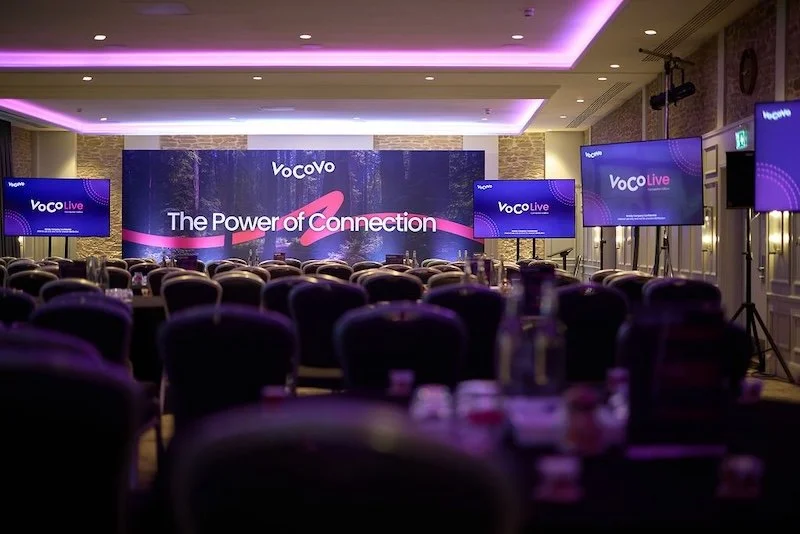


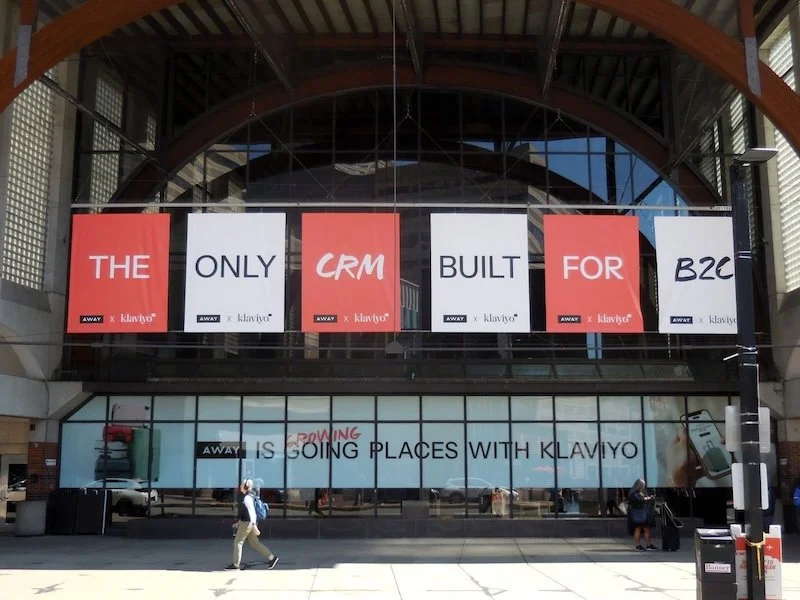



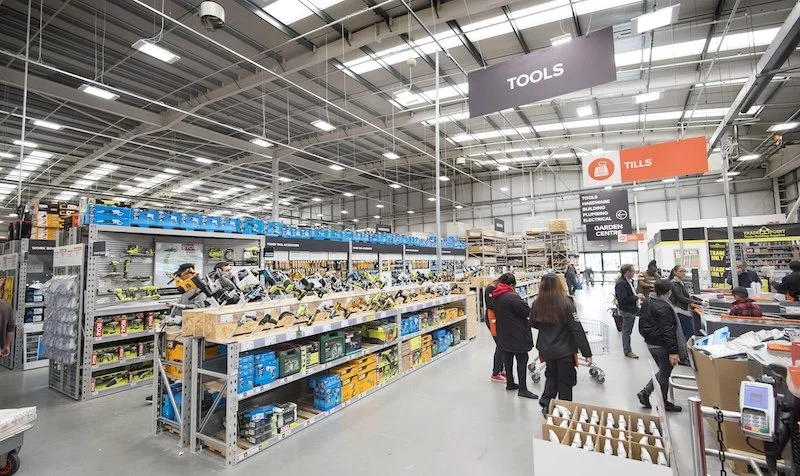


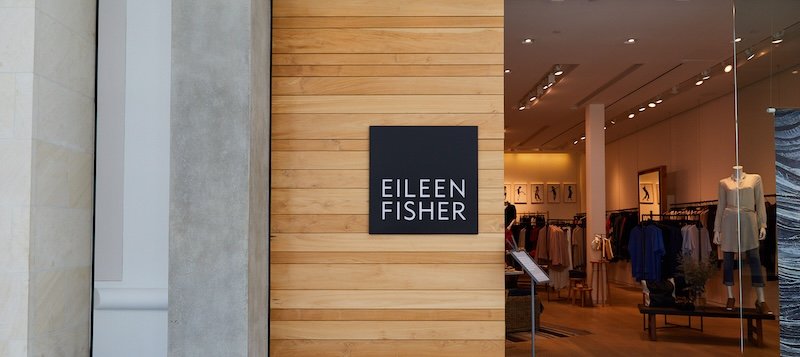
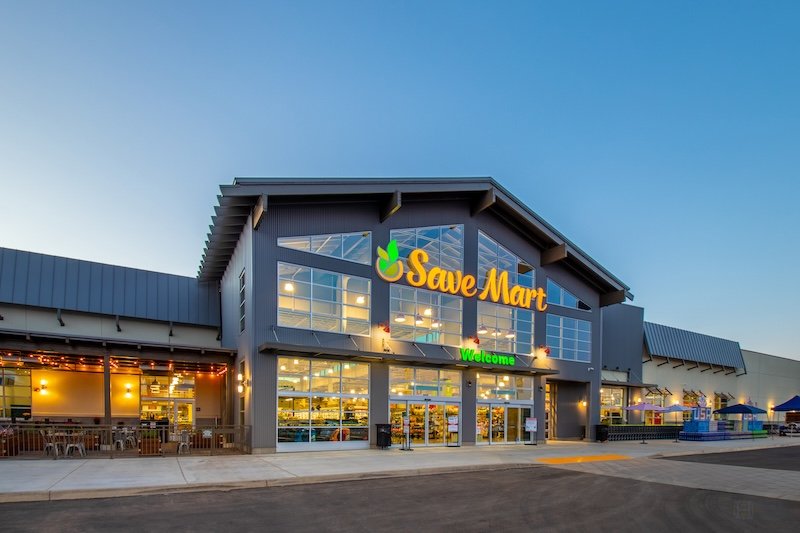




Continue reading…